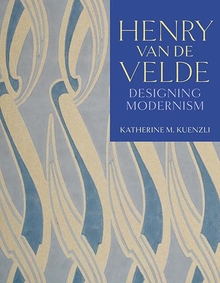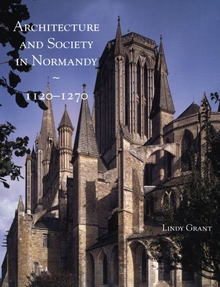The New Paradigm in Architecture
WARNING
You are viewing an older version of the Yalebooks website. Please visit out new website with more updated information and a better user experience: https://www.yalebooks.com
Charles Jencks
The New Paradigm in Architecture tells the story of a movement that has changed the face of architecture over the last forty years.
The book begins by surveying the counter culture of the 1960s, when Jane Jacobs and Robert Venturi called for a more complex urbanism and architecture. It concludes by showing how such demands began to be realized by the 1990s in a new architecture that is aided by computer design—more convivial, sensuous, and articulate than the Modern architecture it challenges. Promoted by such architects as Frank Gehry, Daniel Libeskind, and Peter Eisenman, it has also been adopted by many schools and offices around the world. Charles Jencks traces the history of computer design which is, at its heart, built on the desire for an architecture that communicates with its users, one based on the heterogeneity of cities and global culture.
This book, the first to explore the broad issue of Postmodernism, has fostered its growth in other fields such as philosophy and the arts. First written at the start of an architectural movement in the mid-1970s, it has been translated into eleven languages and has gone through six editions. Now completely rewritten and with two new chapters, this edition brings the history up to date with the latest twists in the narrative and the turn to a new complexity in architecture.
The book begins by surveying the counter culture of the 1960s, when Jane Jacobs and Robert Venturi called for a more complex urbanism and architecture. It concludes by showing how such demands began to be realized by the 1990s in a new architecture that is aided by computer design—more convivial, sensuous, and articulate than the Modern architecture it challenges. Promoted by such architects as Frank Gehry, Daniel Libeskind, and Peter Eisenman, it has also been adopted by many schools and offices around the world. Charles Jencks traces the history of computer design which is, at its heart, built on the desire for an architecture that communicates with its users, one based on the heterogeneity of cities and global culture.
This book, the first to explore the broad issue of Postmodernism, has fostered its growth in other fields such as philosophy and the arts. First written at the start of an architectural movement in the mid-1970s, it has been translated into eleven languages and has gone through six editions. Now completely rewritten and with two new chapters, this edition brings the history up to date with the latest twists in the narrative and the turn to a new complexity in architecture.
Charles Jencks is a designer and the author of numerous books on the theory and history of architecture. He was formerly visiting professor at the University of California, Los Angeles.
"Entertaining, verbally inventive, vastly knowledgeable and witty."—Architects’ Journal
"This book is hugely impressive . . . surely the work of a master historian . . . on top form. Combining scholarship with speculation and polemic, it is indispensable reading."—Kenneth Powell, Building Design
"[Jencks] is such a readable writer that almost any library would benefit from this book."—Library Journal
Named a 2003 Top Ten Best Seller in Architecture category by The Art Book
ISBN: 9780300095128
Publication Date: August 11, 2002
Publication Date: August 11, 2002
288 pages, 9.75 x 11.25
60 b/w + 310 color illus.
60 b/w + 310 color illus.








